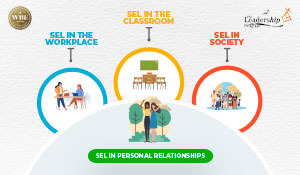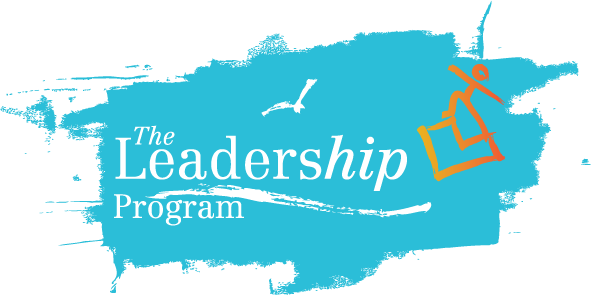Social Emotional Learning (SEL) is not just important in academic or workplace settings; it is also an essential tool for developing and maintaining positive personal relationships. SEL skills such as empathy, communication, and conflict resolution can significantly impact the quality of our relationships with others.
Developing empathy is an important aspect of SEL, as it allows individuals to understand and connect with the emotions and experiences of others. By putting ourselves in someone else's shoes, we can gain a better understanding of their perspective and respond to their needs in a more thoughtful and supportive manner. This can lead to more fulfilling and rewarding personal relationships.
Communication is another crucial SEL skill that can help to improve personal relationships. Effective communication involves not only speaking clearly and listening actively but also expressing emotions in a constructive and respectful manner. By communicating openly and honestly, we can avoid misunderstandings, resolve conflicts, and strengthen our relationships with others.
Conflict resolution is an important aspect of SEL that can help individuals navigate disagreements and challenges in their personal relationships. Conflict is inevitable in any relationship, but how we handle it can have a significant impact on the relationship's longevity and quality. By using communication and problem-solving skills to resolve conflicts, individuals can work through their differences and come to a mutually beneficial resolution.
Research has shown that individuals who possess strong SEL skills are more likely to have positive and fulfilling personal relationships. They are better able to communicate effectively, build trust and rapport, and resolve conflicts in a constructive manner. These skills can also help individuals navigate challenging or stressful situations, such as during times of illness or loss.
Overall, SEL plays a critical role in personal relationships. By developing empathy, communication, and conflict resolution skills, individuals can build positive and fulfilling relationships with others. These skills can help individuals navigate the ups and downs of life and build stronger, more supportive networks of friends, family, and loved ones.
Sources:
-
Durlak, J. A., Weissberg, R. P., Dymnicki, A. B., Taylor, R. D., & Schellinger, K. B. (2011). The impact of enhancing students' social and emotional learning: A meta-analysis of school-based universal interventions. Child development, 82(1), 405-432.
-
Brackett, M. A., Reyes, M. R., Rivers, S. E., Elbertson, N. A., & Salovey, P. (2012). Enhancing academic performance and social and emotional competence with the RULER feeling words curriculum. Learning and Individual Differences, 22(2), 218-224.
-
Jones, S. M., & Bouffard, S. M. (2012). Social and emotional learning in schools: From programs to strategies. Social policy report, 26(4), 1-33.
-
Kotsou, I., & Nelis, D. (2016). Mindfulness and emotion regulation: Insights from neurobiological, psychological, and clinical studies. Current opinion in psychology, 12, 15-18.
-
Riggio, R. E. (2013). The art of communication. Psychology Today. Retrieved from https://www.psychologytoday.com/us/blog/cutting-edge-leadership/201305/the-art-communication





Comments [0]
Click here to read/write comments